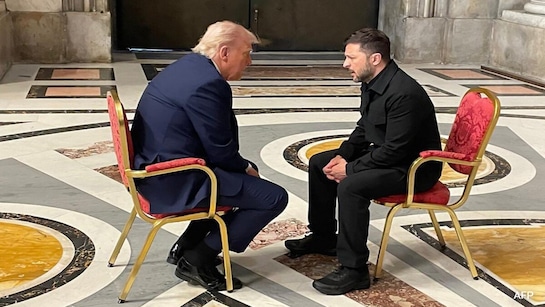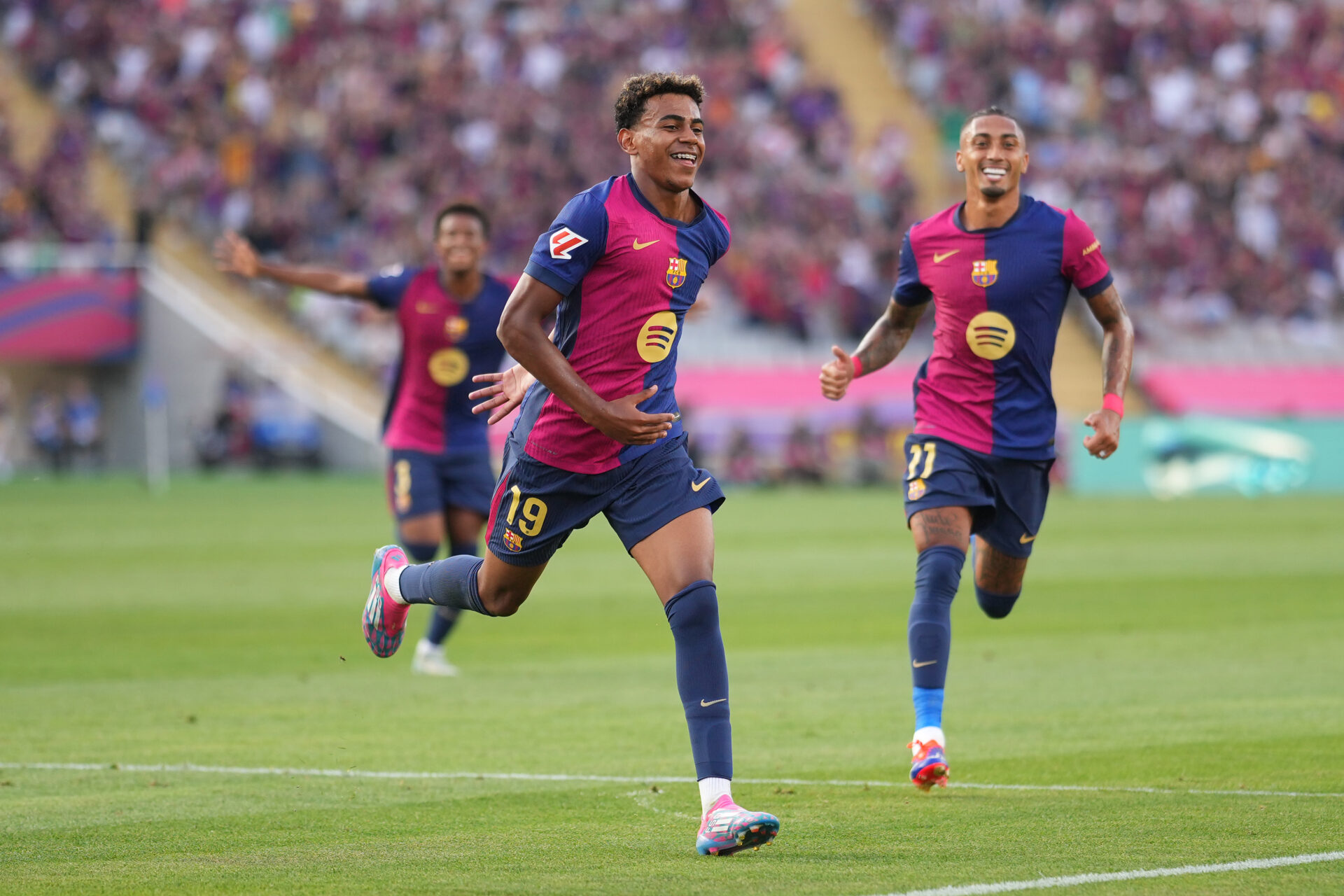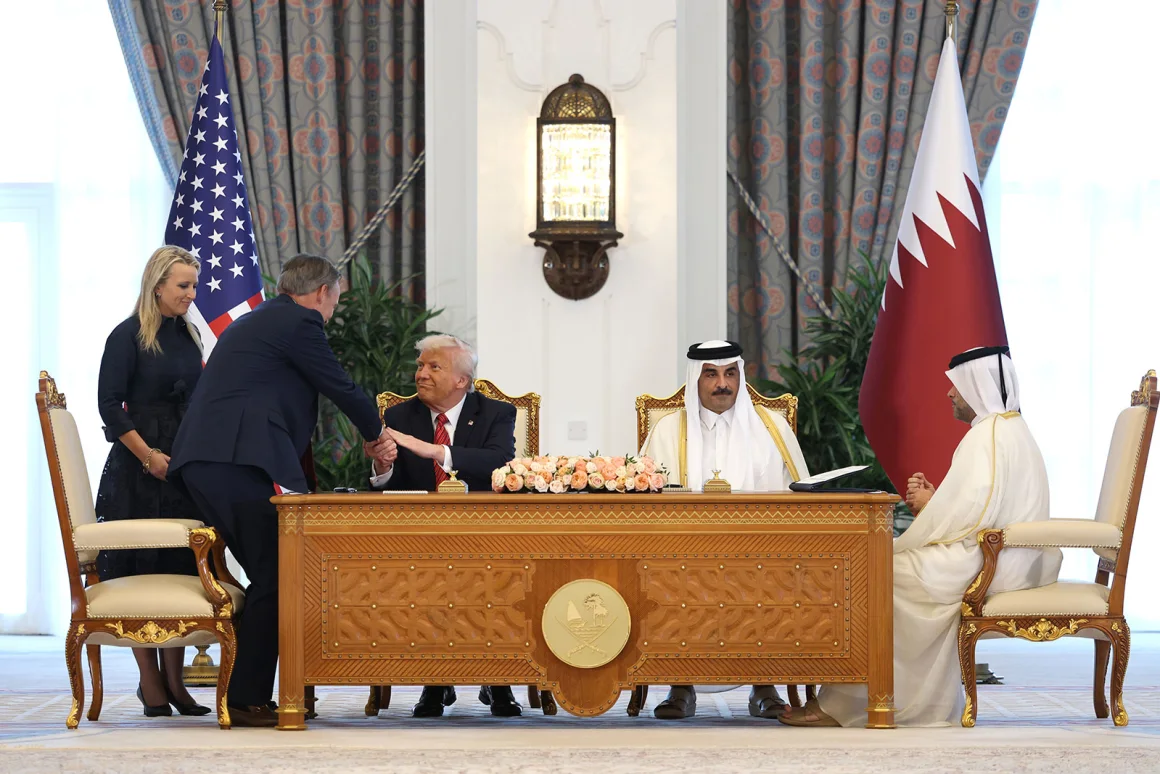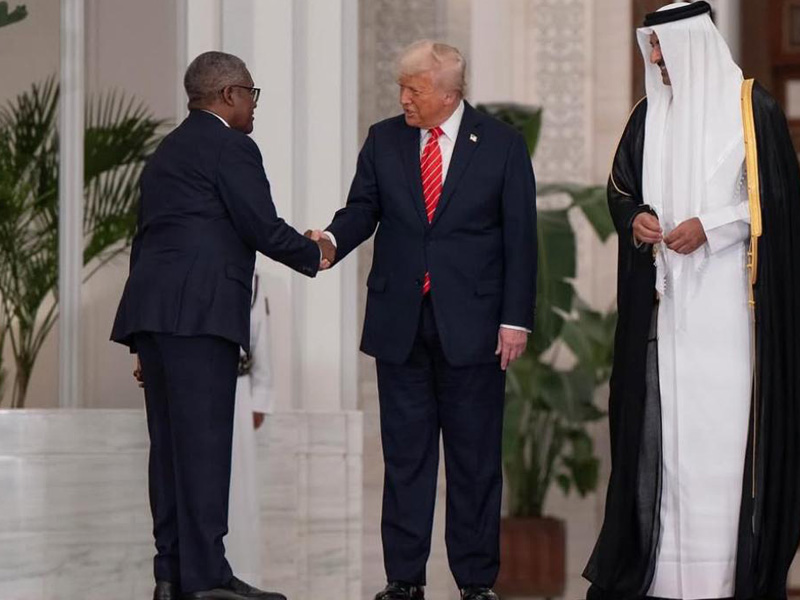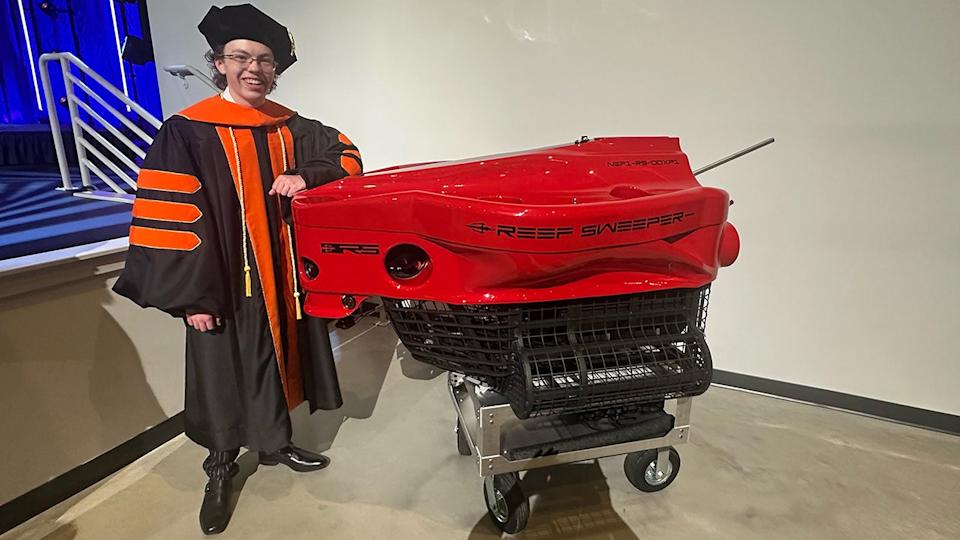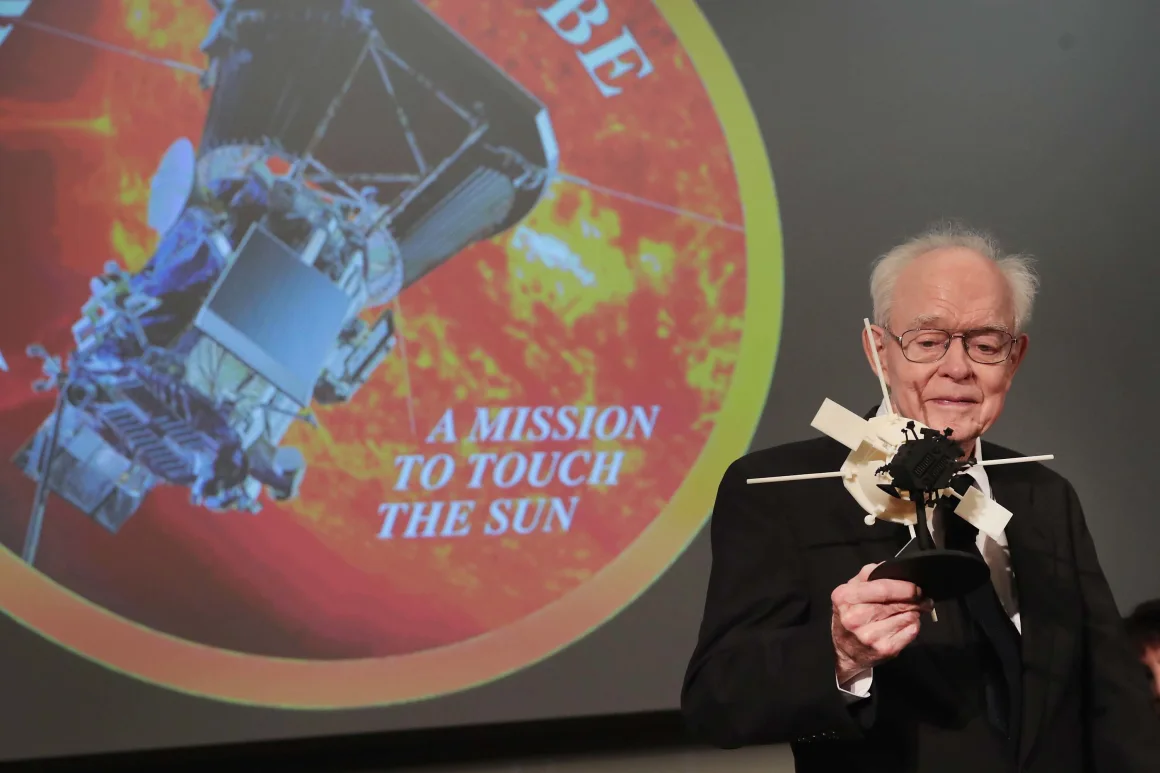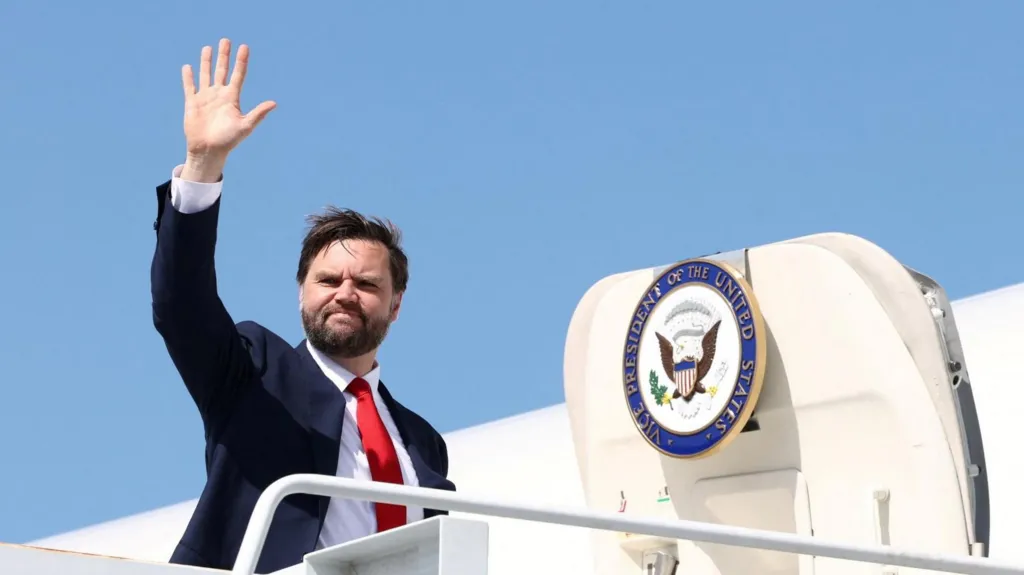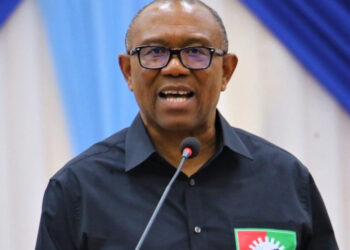After days of uncertainty, what was meant to be the start of new peace talks between Russia and Ukraine unfolded in a swirl of mixed signals, diplomatic drama, and unexpected detours—fitting for a war that has defied resolution for more than three years.
On Thursday morning, journalists from around the globe gathered at Istanbul’s Dolmabahçe Palace, expecting formal negotiations to begin. But Ukraine had yet to confirm its participation or name its delegation, and Turkish officials privately acknowledged that no meeting had been officially scheduled.
Instead of arriving in Istanbul, Ukrainian President Volodymyr Zelensky met Turkish President Recep Tayyip Erdoğan in Ankara. Meanwhile, Russian President Vladimir Putin, whose surprise proposal for direct talks sparked the latest diplomatic push, confirmed through the Kremlin that he would not attend in person.
Stalemate Meets Showmanship
The scene at the Russian consulate in Istanbul devolved into chaos as reporters jostled for updates. Russian lead negotiator Vladimir Medinsky, reprising his role from earlier rounds of failed peace talks in 2022, made a brief appearance, offering carefully scripted remarks and refusing questions.
“Our delegation is committed to a constructive approach,” Medinsky said, adding that Russia hoped to “eliminate the root causes of the conflict”—a phrase loaded with geopolitical weight, given Russia’s long-standing objections to Ukraine’s NATO aspirations and even its sovereignty.
Though vague, the proposal appears to be Putin’s attempt to avoid deeper sanctions threatened by Ukraine and its allies, while regaining the narrative by proposing a diplomatic route.
Enter Trump—Again
Complicating the fragile diplomatic equation is U.S. President Donald Trump, who on Thursday suggested he might join the talks “if something happened,” while en route to Abu Dhabi. White House envoys Keith Kellogg and Steve Witkoff are already expected to be in Istanbul on Friday, adding further intrigue to the next phase of discussions.
Zelensky made clear Trump’s role was instrumental in his decision to finally send a delegation, announcing that his side would be led by Defense Minister Rustem Umerov—outranking Russia’s representative—“out of respect for President Trump.”
For Moscow, Trump’s interest offers a potential diplomatic opening. “Nothing’s gonna happen until Putin and I get together,” Trump told reporters, raising hopes in Moscow for a direct bilateral reset.
A Difficult Road Ahead
While some see Trump’s involvement as a wild card, others believe it plays directly into Putin’s strategy. Former Russian diplomat Boris Bondarev, who defected in 2022, said Trump’s presence could legitimize Putin’s preferred worldview—where major powers determine outcomes, sidelining smaller nations like Ukraine.
“Putin wants to sit with Trump, not Zelensky,” Bondarev told CNN from Switzerland. “He believes great powers should decide how the rest of the world lives. That’s why Zelensky doesn’t fit.”
Whether this latest round of diplomacy leads to meaningful progress remains uncertain. But Thursday’s developments mark a shift—from delay and deflection to tentative engagement, driven not just by the parties at war, but by a former U.S. president whose influence still casts a long shadow over the negotiations.



